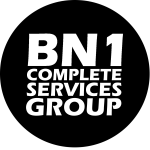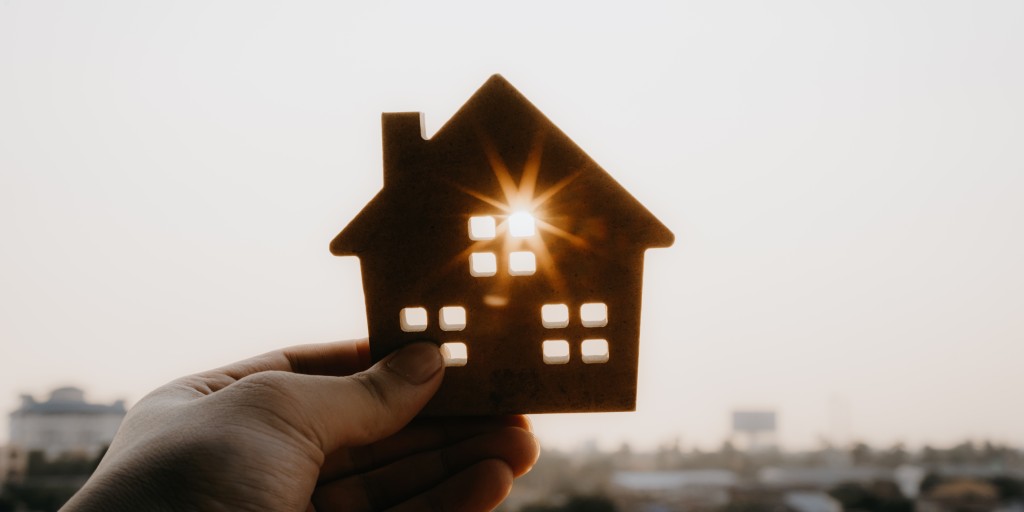The Complete Guide to Preparing Your Property for Rent
Renting out a property can be a great way to earn passive income, but preparing it for tenants takes careful planning and attention to detail. A well-prepared property not only attracts high-quality tenants but also increases the chances of a smooth rental experience with fewer maintenance issues and complaints. Here’s your complete guide to getting your property rent-ready, covering everything from repairs and upgrades to legal compliance.
1. Conduct a Thorough Inspection
Before listing your property, inspect every room carefully. Check for any structural or aesthetic issues, such as cracks in the walls, peeling paint, or faulty fixtures. This is the time to identify problems that could lead to complaints or costly repairs later on. Consider creating a checklist, including:
- Plumbing fixtures (sinks, showers, toilets)
- Electrical outlets, light switches, and circuit breakers
- Heating and cooling systems
- Windows and doors for proper sealing and locks
2. Perform Essential Repairs
After your inspection, address any repairs that are necessary to ensure the property is functional and safe. Tenants appreciate a property where everything works as it should, and it can also help prevent costly emergencies later. Key repairs might include:
- Fixing leaking faucets and broken pipes
- Ensuring electrical systems are up to code
- Repairing any damaged windows or doors
- Addressing cracks or gaps in walls and ceilings
A well-maintained property not only appeals to prospective tenants but also demonstrates that you care about providing a safe and reliable living space.
3. Upgrade for Efficiency and Comfort
Investing in a few upgrades can make your property more appealing and may allow you to charge a higher rent. Energy-efficient improvements can also help tenants save on bills, making your property even more desirable. Here are a few cost-effective upgrades to consider:
- LED Lighting: Replace old bulbs with energy-efficient LEDs.
- Smart Thermostats: These allow tenants to control heating costs more effectively.
- Water-Efficient Fixtures: Install low-flow faucets, showerheads, and toilets to reduce water usage.
- Double-Glazed Windows: Improve insulation and reduce noise.
4. Deep Clean the Entire Property
A clean property is essential for attracting renters. A deep clean signals that the property is well-maintained and ready to welcome new tenants. Key areas to focus on include:
- Carpets and flooring (consider professional cleaning if necessary)
- Windows, sills, and blinds
- Kitchens and bathrooms, especially appliances and tiles
- Walls, baseboards, and ceilings
Don't forget the exterior! First impressions count, so make sure the garden, driveway, and any outdoor spaces look well-kept.
5. Ensure Legal Compliance and Safety
All rental properties must meet local safety and legal standards. This includes:
- Gas Safety Certificate: Required annually for properties with gas appliances.
- Electrical Safety Certificate: Ensures the property’s electrical system is safe.
- Smoke and Carbon Monoxide Detectors: Make sure detectors are installed and working.
- EPC (Energy Performance Certificate): Properties in the UK need an EPC rating of E or above.
Being compliant with these regulations not only protects your tenants but also shields you from potential legal issues.
6. Decide on Furnished or Unfurnished
Consider whether you want to offer your property furnished, part-furnished, or unfurnished. This choice depends on your target market. For example:
- Unfurnished properties appeal to tenants who want to bring their own furniture.
- Part-furnished (basic appliances, perhaps a few pieces of furniture) can appeal to a broader market.
- Fully furnished properties are ideal for short-term rentals or for tenants who value convenience.
7. Set a Competitive Rent
To attract tenants, it’s important to set a fair and competitive rent. Research similar properties in the area to gauge an appropriate price. Factor in location, property condition, and amenities when determining rent. You might also want to consider if you'll include utilities, Wi-Fi, or other extras in the rent.
8. Create a Comprehensive Lease Agreement
Your lease agreement should cover all essential terms to protect both you and your tenant. Key items to include are:
- Rent amount and payment terms
- Length of the tenancy and renewal terms
- Security deposit and conditions for its return
- Maintenance responsibilities (for both landlord and tenant)
- Rules on subletting, pets, and property alterations
A clear lease agreement reduces the likelihood of misunderstandings and ensures everyone is on the same page from the start.
9. Market Your Property Effectively
Once your property is ready, it’s time to list it! Use high-quality photos and highlight key features in your description, such as energy-efficient upgrades, a modern kitchen, or proximity to public transport. Popular platforms include Rightmove, Zoopla, and local property listing websites. Be transparent about the rent, any fees, and terms to attract serious inquiries.
10. Be Prepared for Property Management
Managing a rental property involves regular upkeep and prompt responses to tenant concerns. If you’re handling it yourself, make sure you’re prepared to communicate with tenants and address maintenance issues as they arise. Alternatively, you may want to hire a property management company to oversee day-to-day operations, especially if you own multiple properties or live far away.
Ready to Rent? Your Property is Set for Success
Preparing a property for rent is all about creating a safe, comfortable, and desirable space for tenants. By following these steps, you’re well on your way to attracting quality tenants and building a successful rental experience. Remember, a well-maintained property not only helps secure tenants but also protects your investment for the long term.
Before you list your property, it’s also a good idea to contact a qualified contractor to perform thorough checks and provide a professional assessment. This extra step can help you address any overlooked issues and ensure your property is in top condition, giving you peace of mind and setting you up for rental success.

